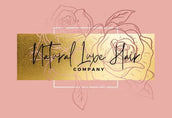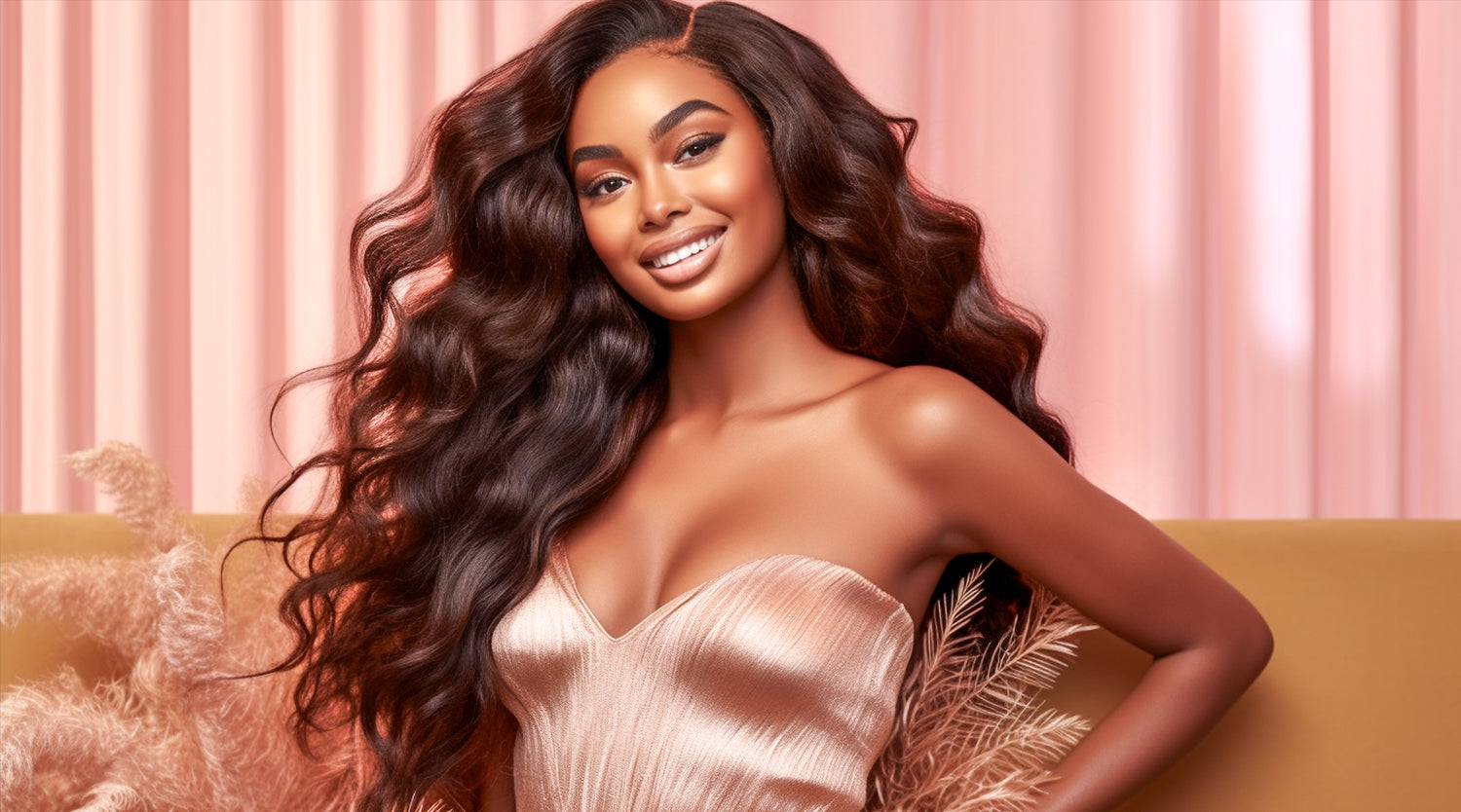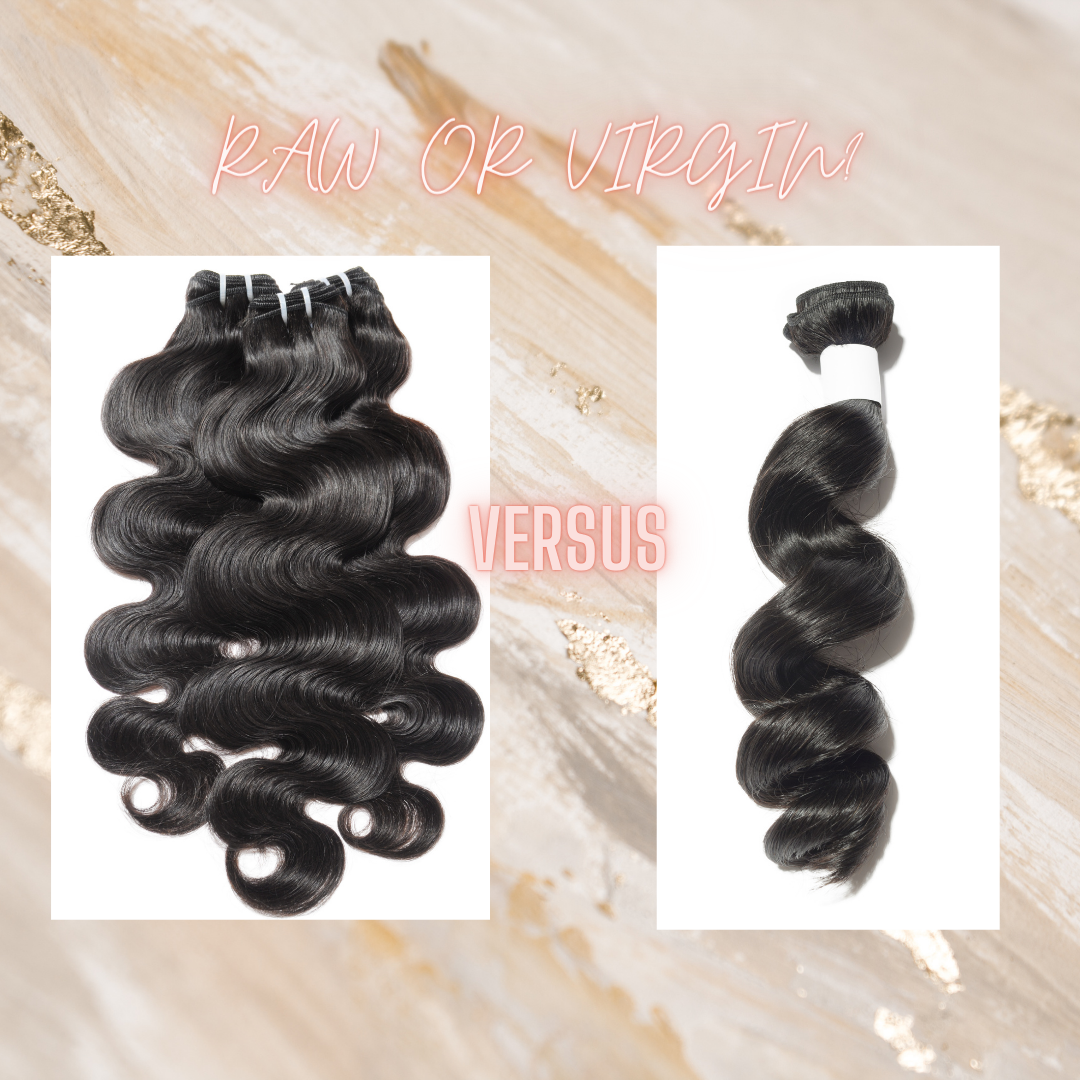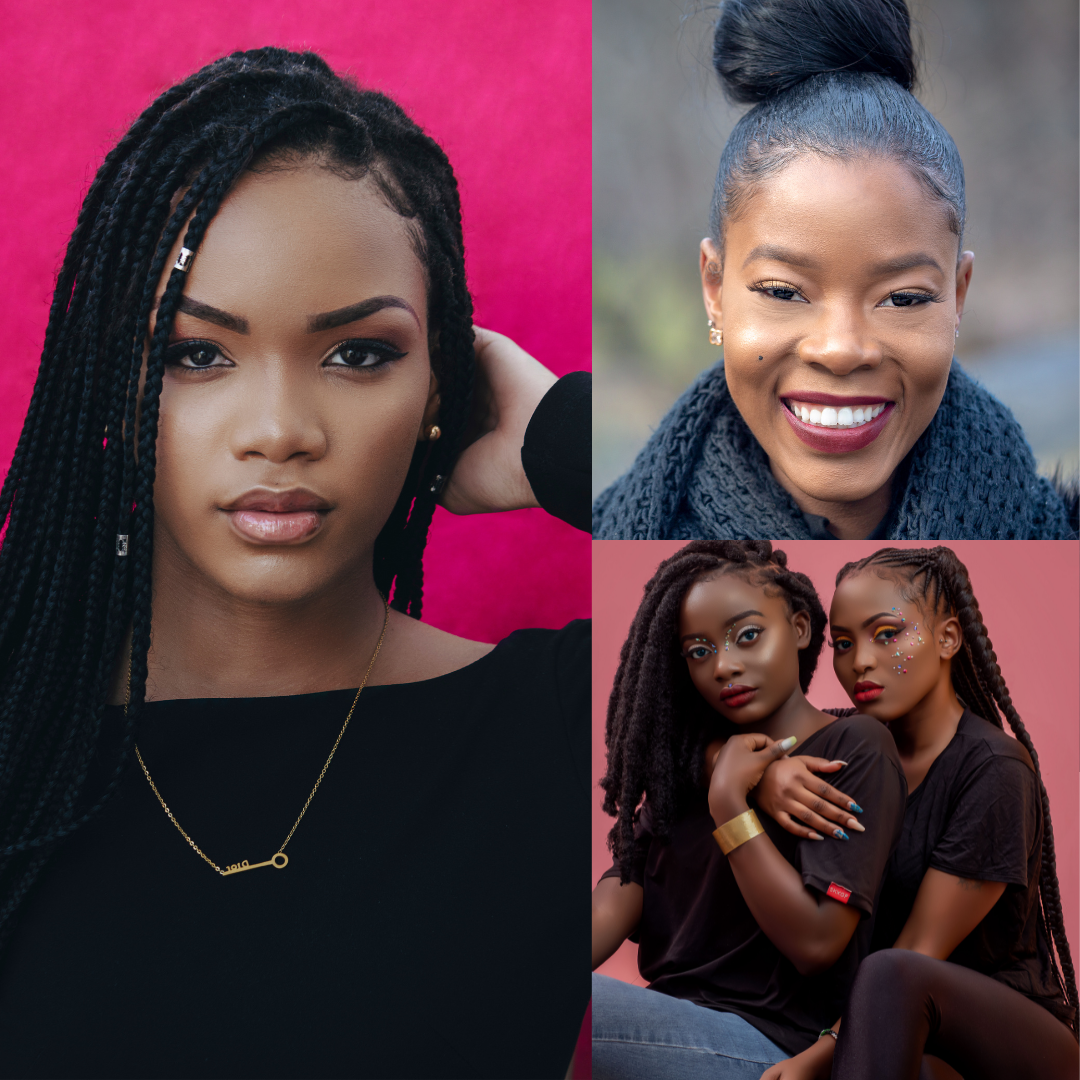Ah, the allure of long, voluminous hair! It's no wonder why so many of us are fascinated by the beauty of a full mane. Whether it's Hollywood's influence or merely a personal preference, having lush, thick hair is often considered the epitome of femininity and grace. But let's be real, not all of us are blessed with naturally Rapunzel-like locks. Enter hair extensions, the magic wand for instant hair transformation.
But wait—before you dash off to your nearest beauty supply store, there's a question that needs to be addressed: Should you go for raw hair or virgin hair extensions? It's a perplexing puzzle, for sure, and the confusion around these terms is understandable.
Raw Hair Extensions: Untamed Beauty
Raw hair is quite literally 'raw'—unaltered, unprocessed, and natural hair harvested directly from a single donor. The strands are generally tied in a ponytail before cutting, ensuring that all cuticles are flowing in the same direction. Raw hair is never mixed with synthetic fibers or hairs from different donors, which means it provides the most natural look and feel.
Pros:
-
Longevity: Because it is completely untreated, raw hair has a long lifespan and can be used for up to three years with proper care.
-
Quality: Raw hair is often sourced from specific regions, such as Indian temples, where the hair quality is typically excellent.
-
Texture Variety: Whether you want straight, wavy, or curly, raw hair offers a wide range of natural textures.
Cons:
-
Price: High-quality comes at a cost. Raw hair is typically more expensive upfront, but considering its longevity, it could be a worthwhile investment.
-
Maintenance: Given its virgin state, raw hair demands proper care, including regular conditioning and gentle combing.
Virgin Hair Extensions: The Pure Alternative
Virgin hair, while often mistaken for raw hair, has some subtle differences. Like raw hair, it is also unprocessed. It is devoid of chemical treatments like dyes or perms. However, virgin hair is usually collected from multiple donors.
Pros:
-
Accessibility: It is easier to find and comes in various styles, making it a more flexible option for many.
-
Price: Typically cheaper than raw hair, virgin hair offers an affordable option for those looking for quality extensions without breaking the bank.
-
Ease of Styling: Since it often comes pre-styled, it's relatively easier to manage on a daily basis.
Cons:
-
Lifespan: While still durable, virgin hair usually has a shorter lifespan than raw hair, lasting around 6 months to a year with proper care.
-
Quality Variance: The quality can vary significantly depending on the source, so it's essential to purchase from a reputable vendor.
The Verdict
Both raw and virgin hair extensions have their merits, and the best choice ultimately boils down to your lifestyle, budget, and needs.
-
If you're after a long-term investment and want a more natural look and feel, raw hair is your go-to option.
-
If you're on a budget but still looking for good quality, or if you like to switch up your style more frequently, virgin hair could be your perfect match.
So there you have it—the ultimate showdown between raw and virgin hair extensions. Armed with this knowledge, you're well-equipped to make an informed choice that will have you flipping your luxurious locks with confidence. Whichever you choose, a world of beauty and elegance awaits you!





